Our beautiful, exquisite, and sassy rescue queen, Cheeky (Chekitty) has been a victim of her own sandpaper, grater of a tongue for years. The causes and reasons have frustratingly varied and therefore the treatments as well. And at times, we wanted to pull, perhaps even lick (okay not lick) our own hair out in solidarity with her. Thankfully – we do have some experience, knowledge, and kitty wisdom to share with regards to over-grooming. Here are some definitions, reasons, and other helpful tidbits on over-grooming.
What is over–grooming?
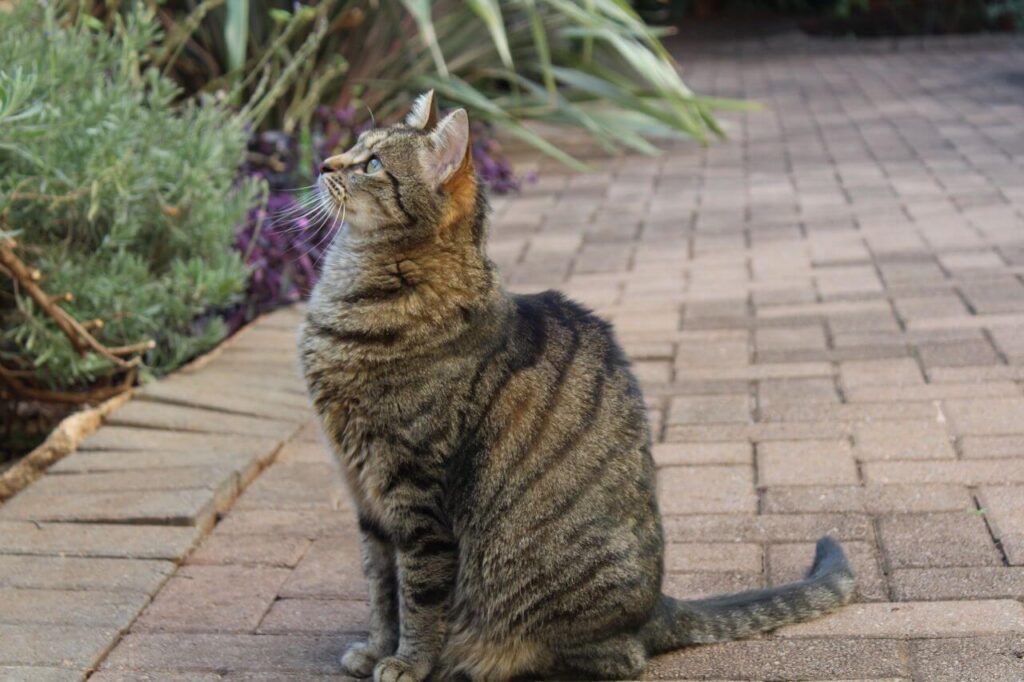
So, what is over-grooming? Over-grooming is when your cat grooms in excess, to the point that they cause sores, skin inflammation, and hair loss usually on certain areas of their cute, furry bodies.
When isn’t it over-grooming?
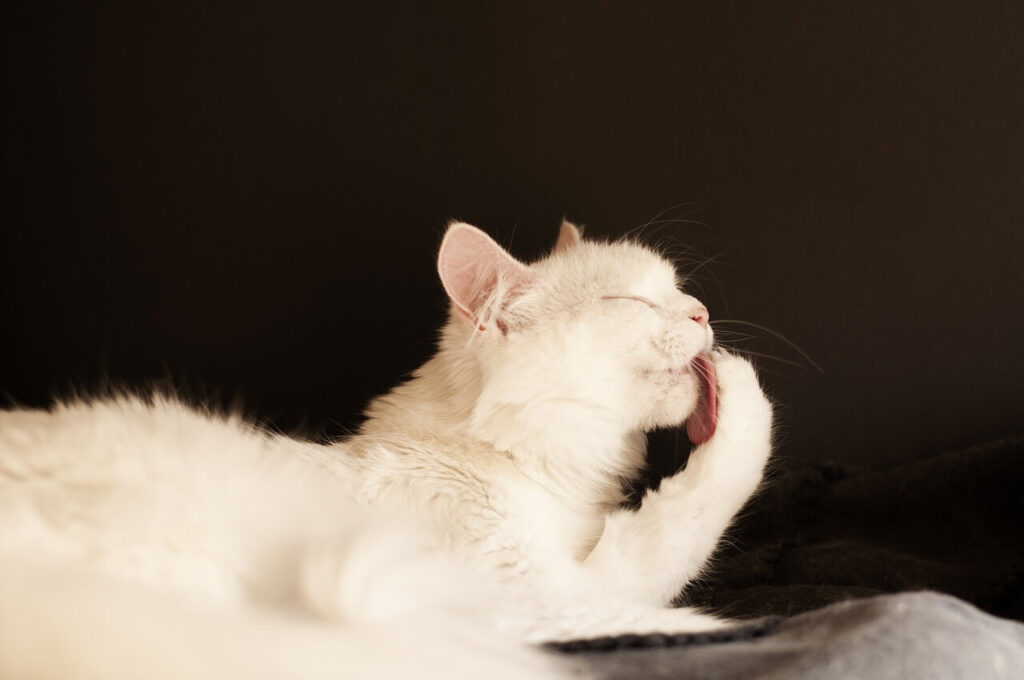
Cats spend most of their nine lives grooming (eating, sleeping, and being damn cute). And a grooming cat is generally a healthy cat. So, you shouldn’t be concerned if your cat ensures his or her coat is immaculate and spends many hours in vain, placing their fur in just the right way. Over-grooming is excessive, almost frantic licking.
Why do cats over-groom?
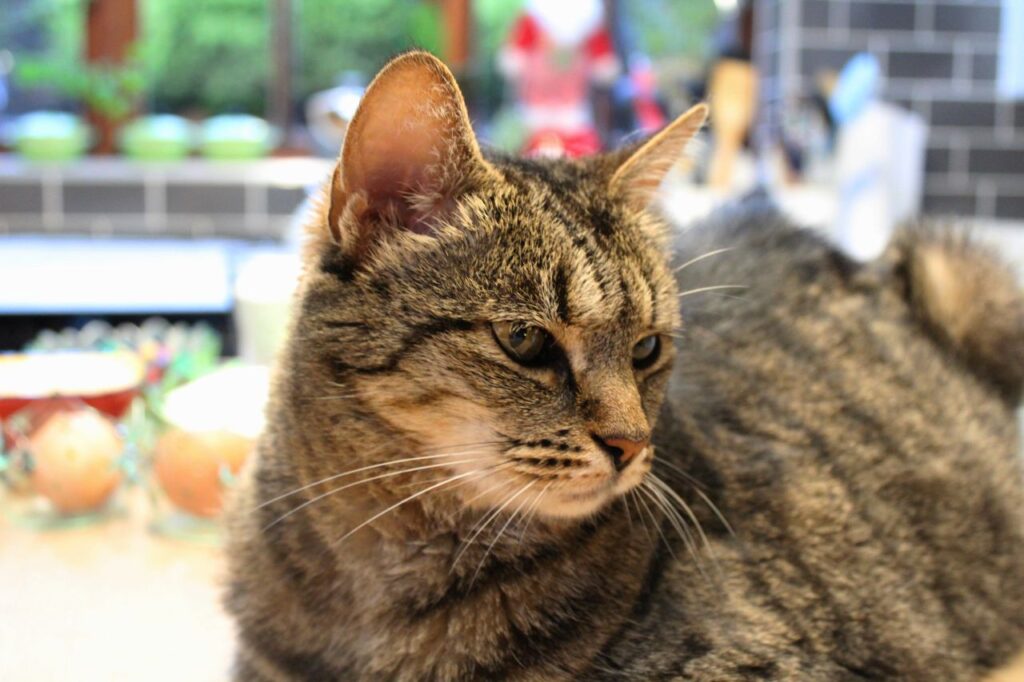
According to feline experts (aka our vets), over-grooming usually falls into two main categories – behavioural or medical. The behavioural side would be when your kitty licks themselves as a form of stress relief (psychogenic alopecia). Whereas over-grooming that is attributed to medical reasons can include excessive licking due to parasites, skin allergies, or that your kitty is attempting to relieve himself or herself of pain.
Over-grooming for stress relief
You may or may not have noticed that cats and humans are completely different. You for example don’t lick your own bottom and hopefully don’t take pleasure in torturing smaller creatures than yourself to death and then gifting the corpses to your loved ones.
Another example, you could never have enough cats. The more cats, the bloody merrier. But your cats do not agree. Interestingly, the biggest stressor for cats is other cats. Even if they get along or cuddle – multi-cat households can be immensely stressful for cats. In addition, neighbourhood cats milling about can also cause stress.
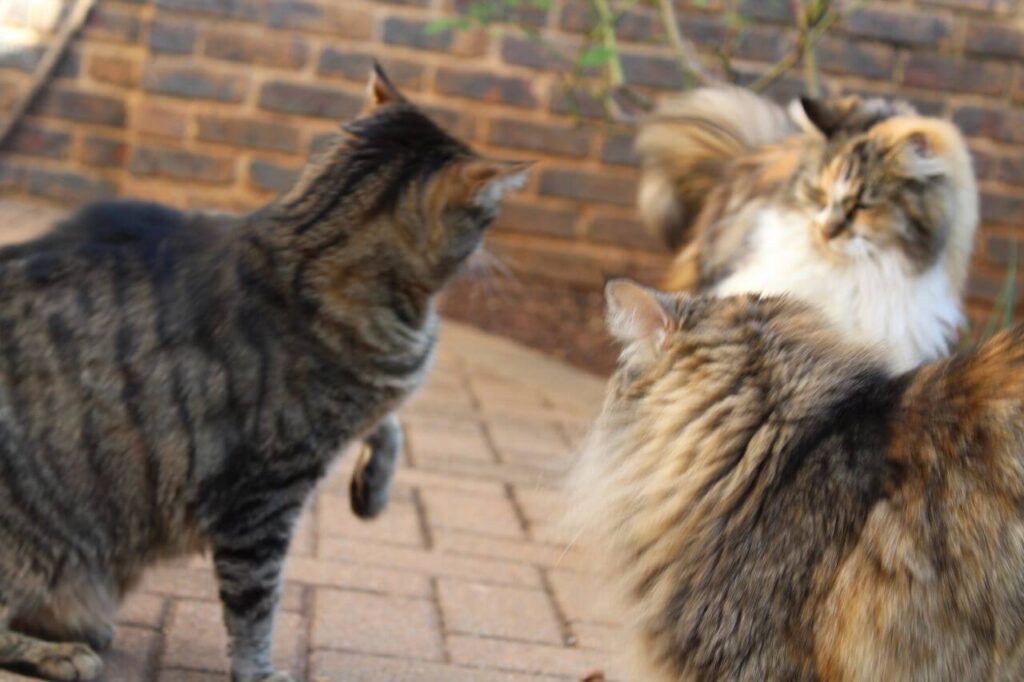
Another big stressor for cats is change. Even small changes can cause your cat stress and have them turn to over-grooming as a coping mechanism. New furniture or pillows, an additional family member or guest, a change in routine, and of course big changes like moving home or the death of a family member – all can cause your kitty immense stress.
Medical reasons for over-grooming
Parasites
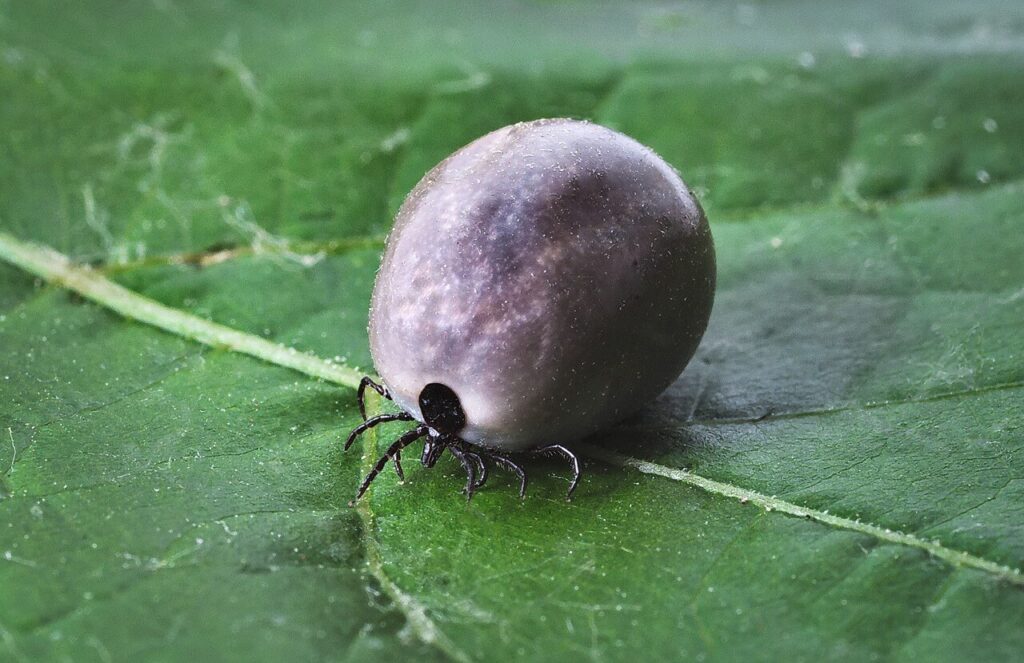
If you take your kitty to the vet for excessive grooming, the first thing you will be asked is when last did you treat him or her for parasites (external and internal). Fleas, ticks, lice, mites, and mozzies (amongst other external parasites) can bite your kitty and trigger them to over-groom as a response. There is also a whole buffet of internal parasites that can ruin your kitty’s happiness.
Allergies
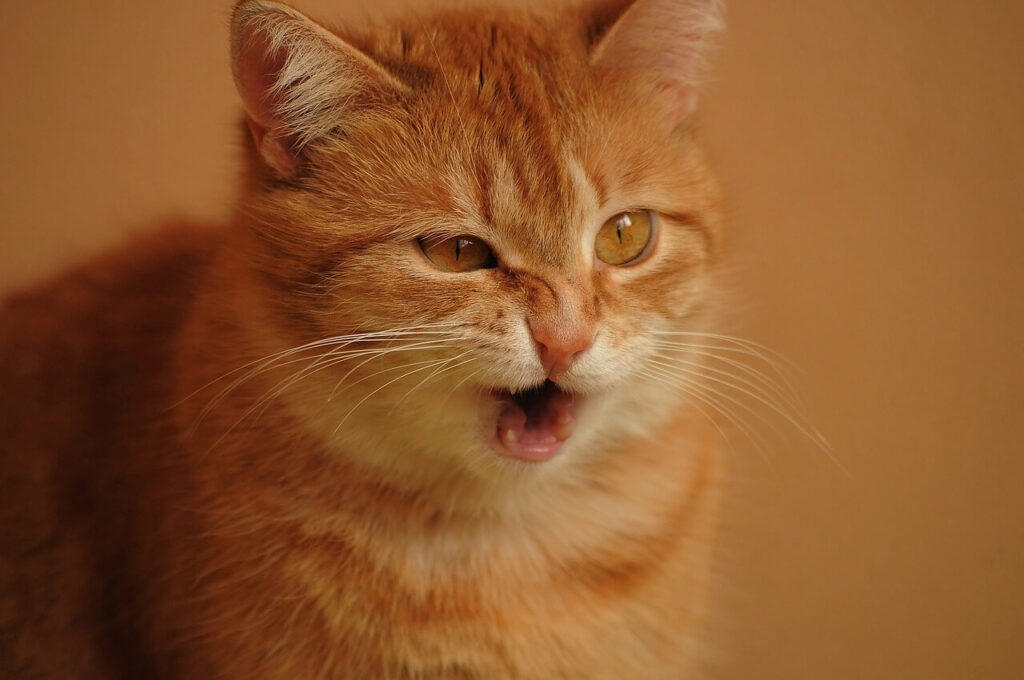
Your cat can have allergies that are caused by something in their environment (grass, pollen, diffusers, etc) or caused by the food that they eat. These can also act as triggers for excessive grooming.
How To Treat Over-grooming?
Identifying the cause or triggers of excessive grooming is more than half the feline battle. And it’s not to say it will always be the same factors or causes as we have experienced with our “over-groomer”, Cheeky. But here are a few things that may help your kitty especially if they are over-grooming.
Routine, routine, routine
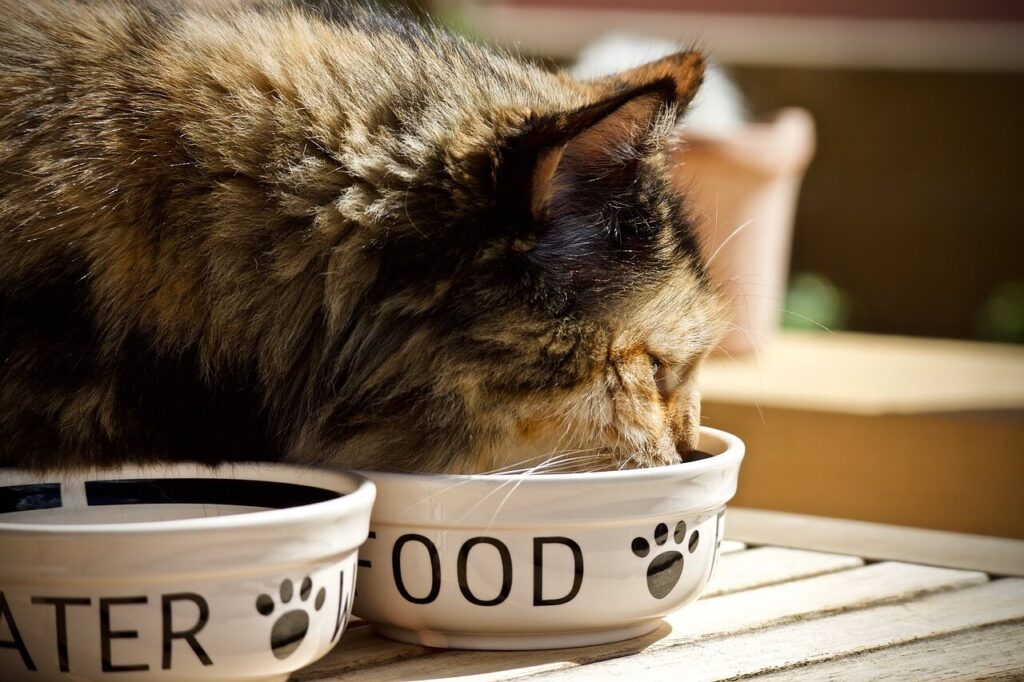
Offering your cat a consistent routine is the best and kindest thing to do. Change is inevitable but monitor your pretty kitty when change happens. Where possible stick to a routine – feeding cats at the same time, in the same bowl, in the same place may be simple ways for you to make your kitty feel secure.
Save haven
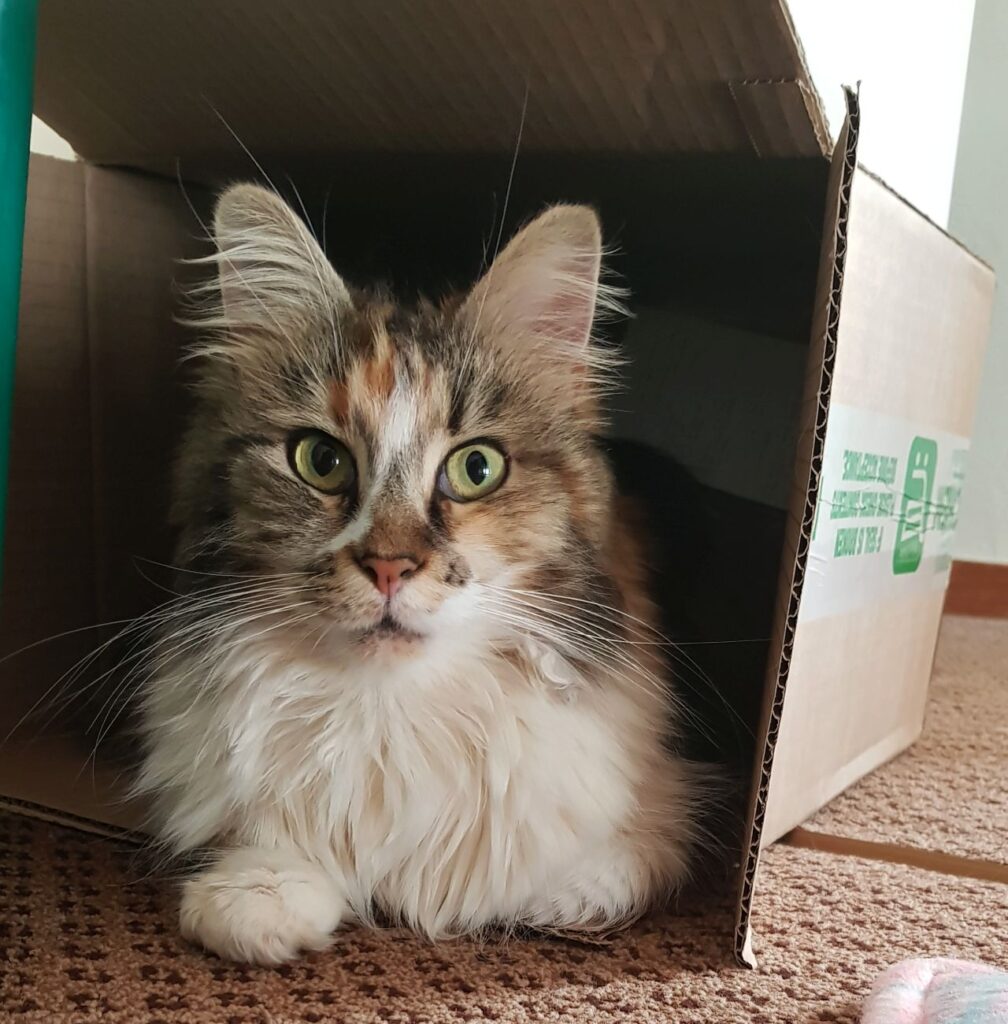
Whether it is a carrier with a blankie, a kitty tepee, or a good-sized box (cats love their boxes) – your kitty should have a familiar spot they can retreat to when their environment changes or they need to compose themselves.
Play with your kitty
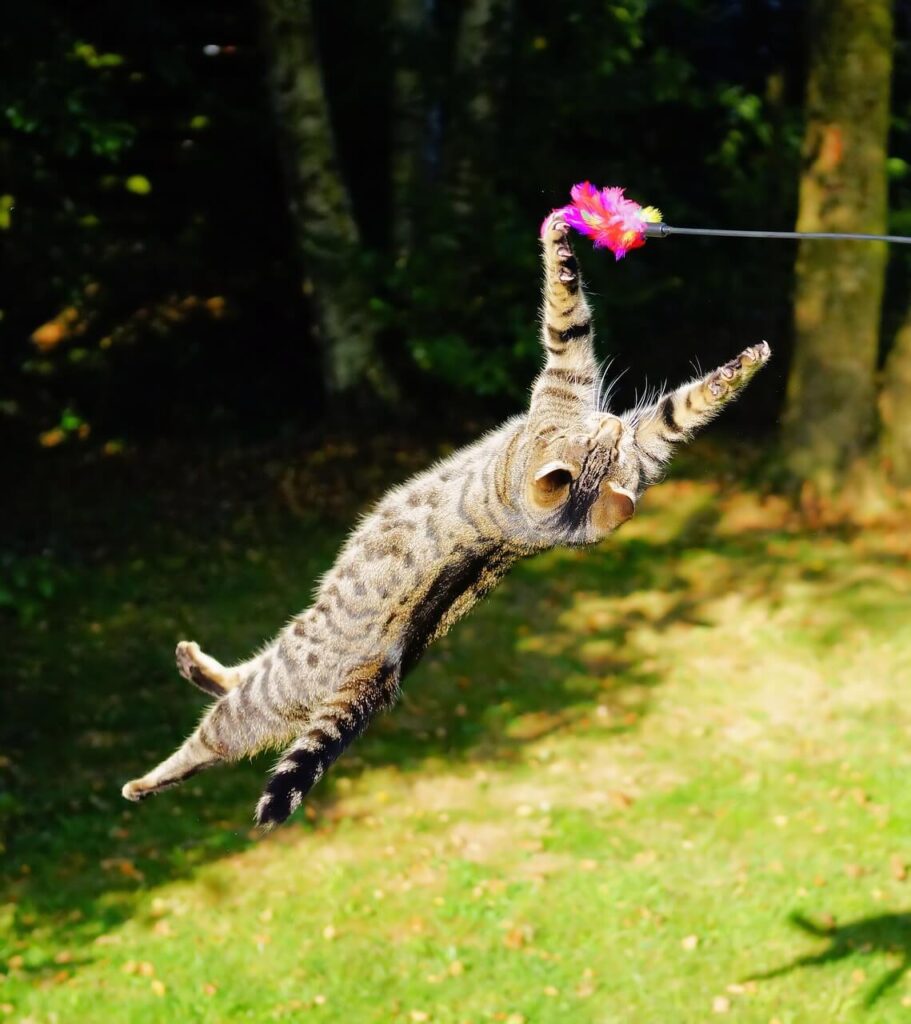
Using a cat wand and playing individually with your cats can help destress them. Don’t ever rough house or roll your cats – it can overstimulate them and cause more stress and anxiety. Rather opt for a wand or similar toy and allow your cat to chase, pounce and attack.
Parasite control
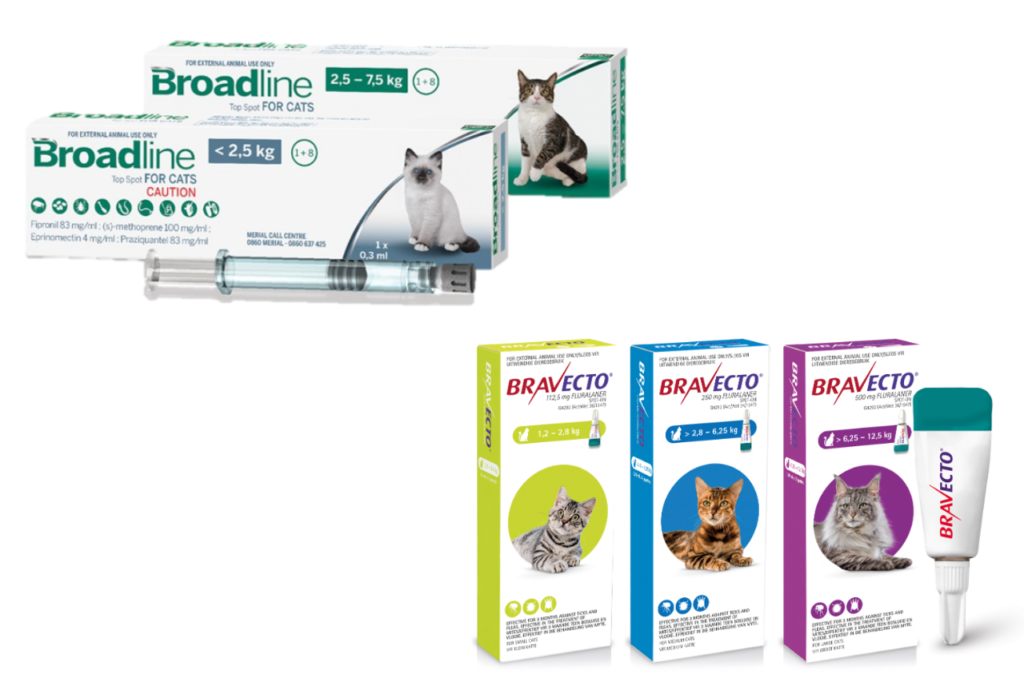
Thankfully, gone are the days that you have to murder down a pill or hide a crushed one very unsuccessfully in your kitty’s food. Horrible flea powders and stinky collars; or trying to baptise (more like exorcise) your cat in a dip in the bath are forgotten medieval methods. Now, we have sophisticated spot-on treatments like Broadline and Bravecto that deal with parasites in a swift manner. Internal and external parasite control should be the first and ongoing step to assist all your kitties (especially ones who like to over-groom).
Medication and Remedies
Sometimes, the herbal remedies will work other times you need prescribed chronic meds. Sometimes, you will need to change their diet or take your kitty for an injection. There are several options available but consulting a vet is always the best starting point.
Diet

If your vet thinks that your kitty’s over-grooming is caused by food allergies, they will guide you to get food that’s perfect for your kitty. You will then have to ensure your kitty eats only that food (none other).
Natural treatments
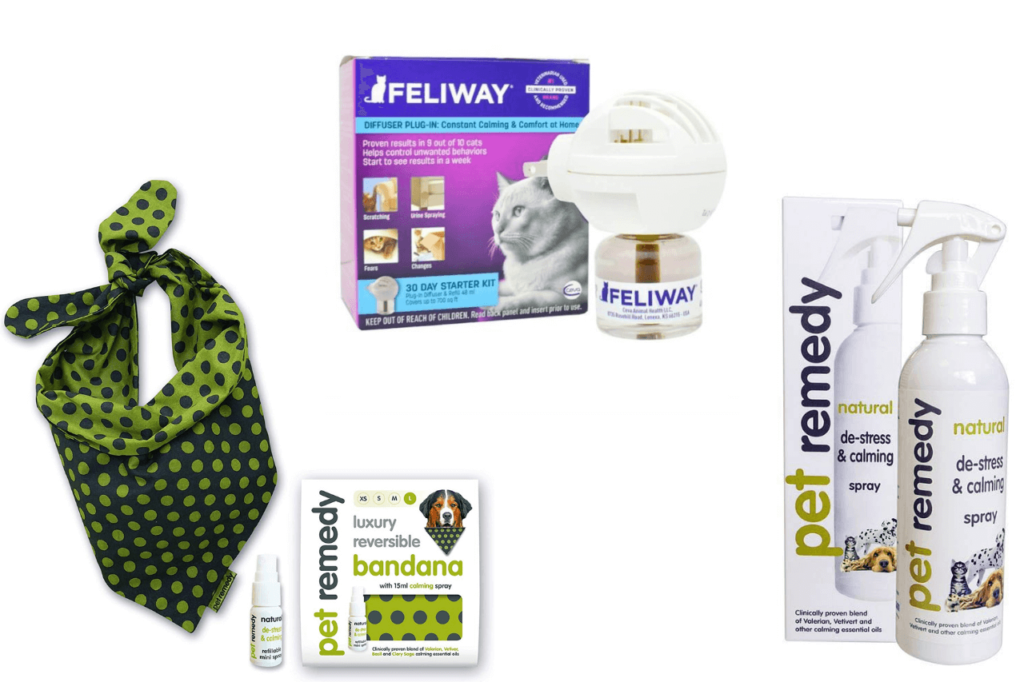
There are loads of herbal treatments like Pet Remedy and Feliway. Products include pheromone plugs and sprays. And now, Pet Remedy bandanas that your cat can wear as a collar. These sprays and remedies are not the same as catnip (which is a stimulant). They help relax your cat and if stress is causing the over-grooming, this can help them with cool cat vibes.
Medications and injections
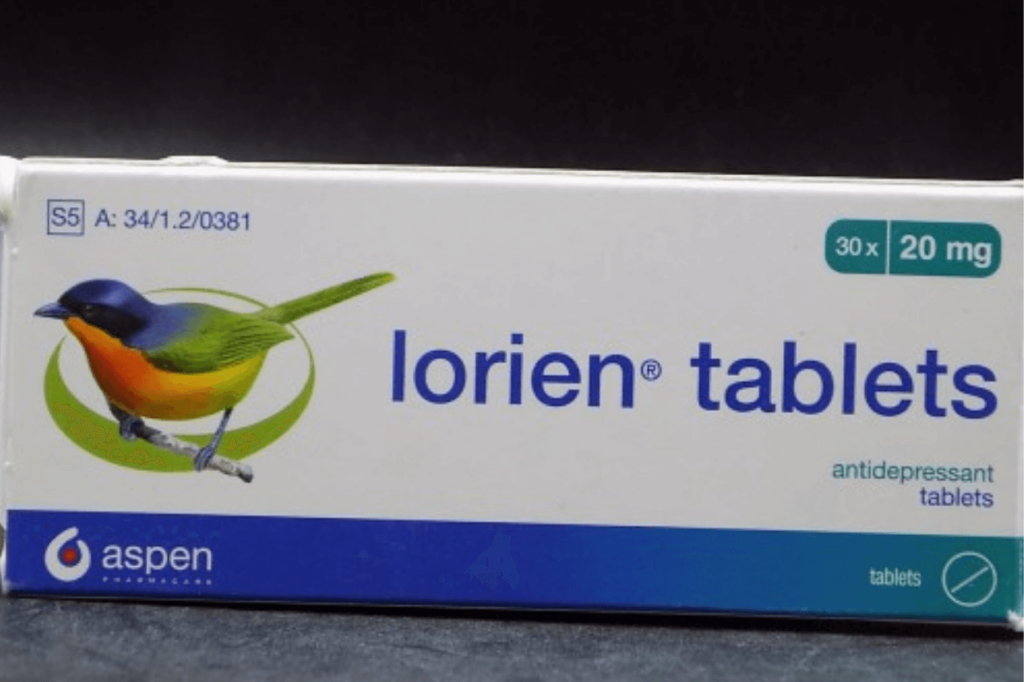
Sometimes your vet may inject your kitty with long-lasting cortisone or antihistamine. Depending on how successful this is the doctors can continue with this treatment.
If the “natural” remedies and intermittent shots aren’t working for your kitty, the vet may prescribe an anti-anxiety pill or antidepressant for your kitty like Lorien.
Cheeky’s journey
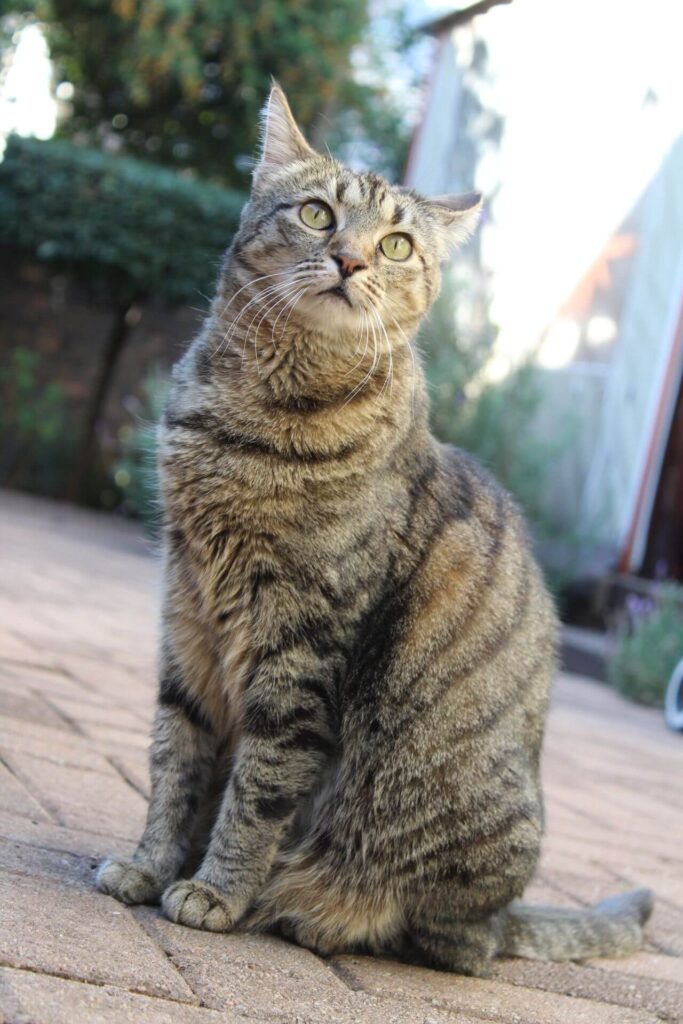
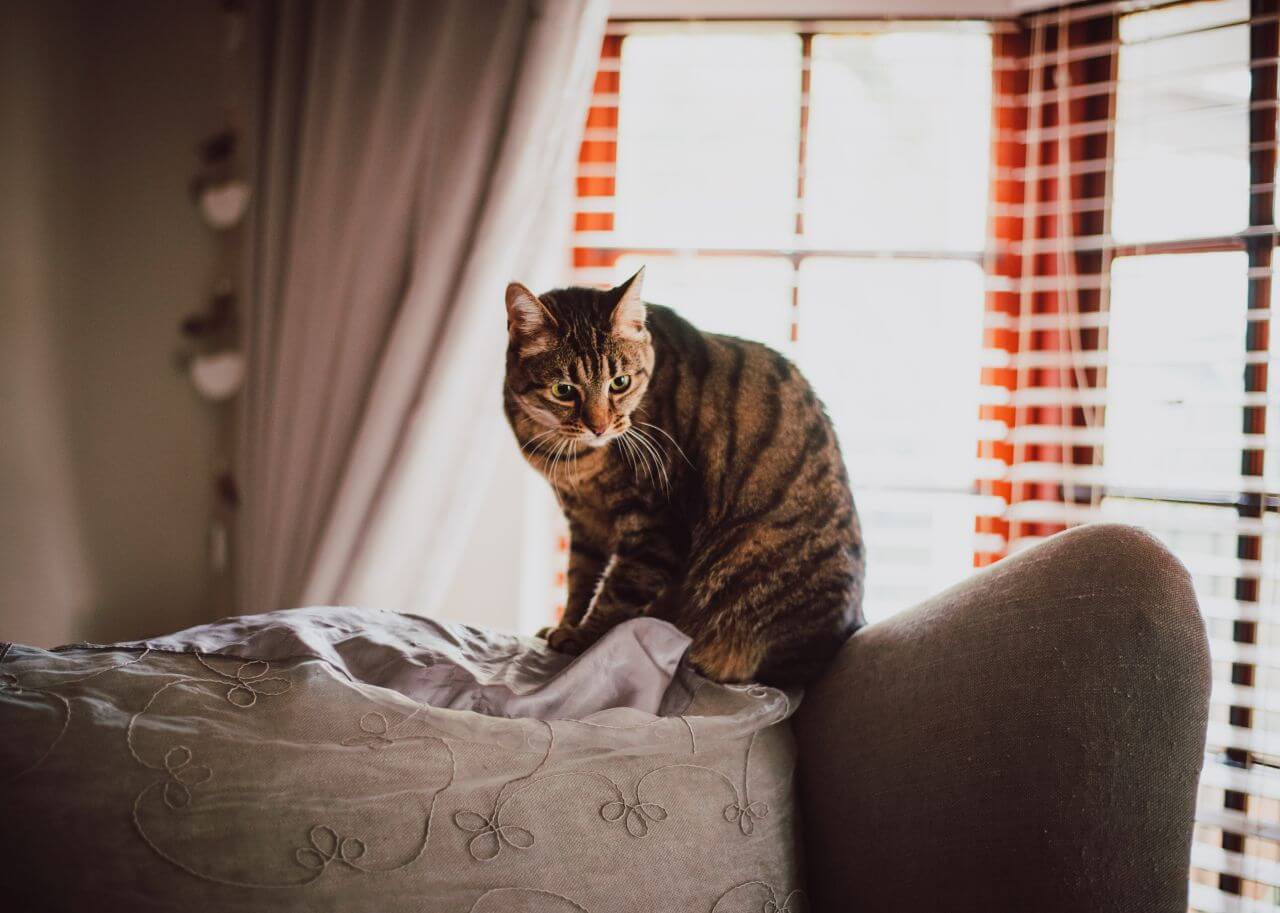
2 thoughts on “Why is my cat over-grooming?”